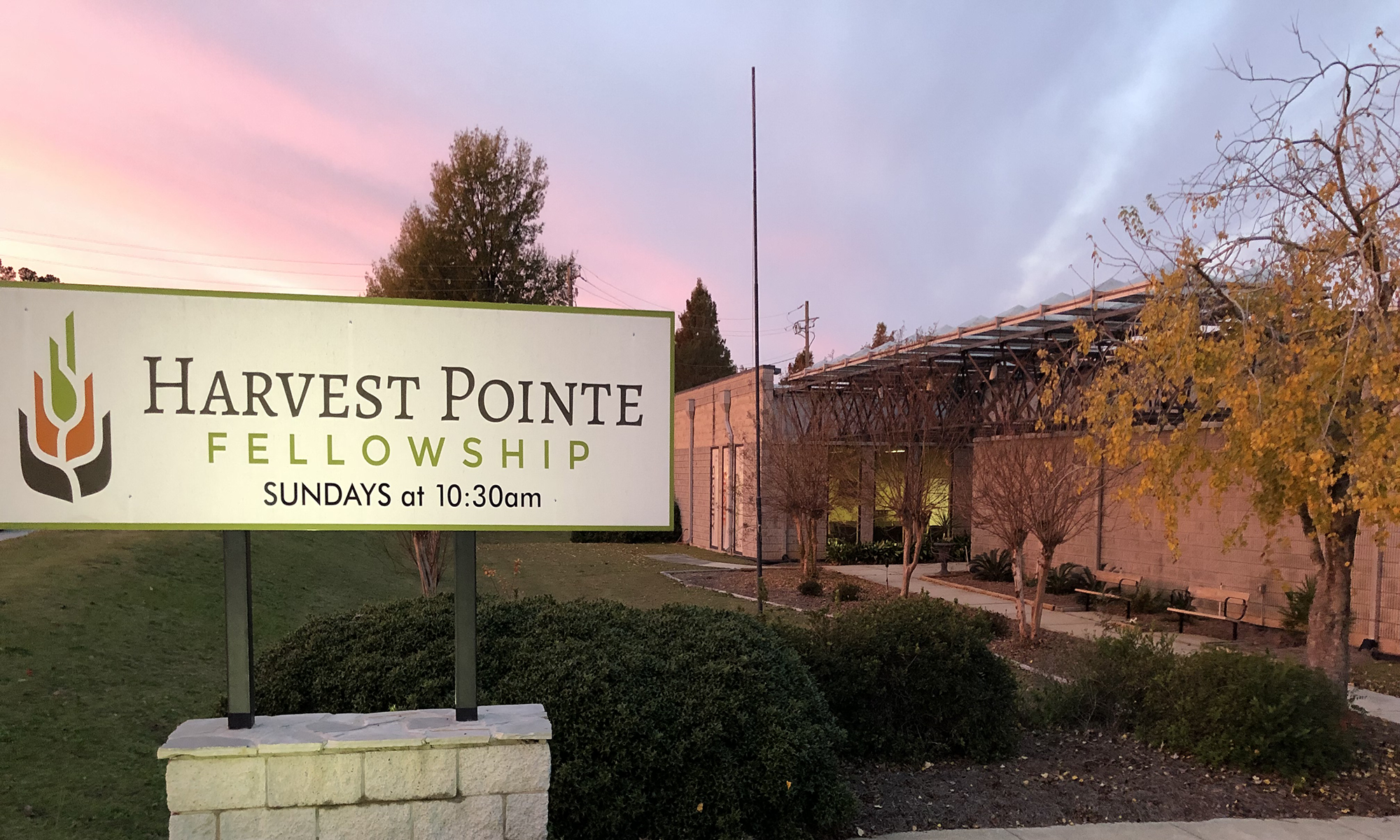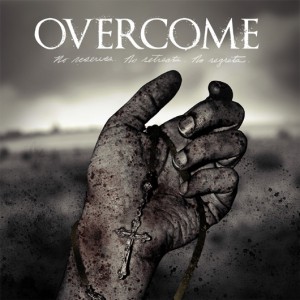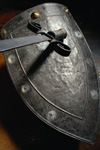 “How long will you put off entering the land which the Lord, the God of your fathers, has given you? – Joshua 18:3b NASB
“How long will you put off entering the land which the Lord, the God of your fathers, has given you? – Joshua 18:3b NASB
God had promised the land. Now all they had to do was take possession of all that had been given to them. Without taking full possession of the Promise Land, the inheritance would remain unrealized. It had to be received, possessed, and appreciated. But seven of the 12 stalled and stood around waiting to take what had been already been given to them by God. The land had been subdued (Joshua 18:1), but remained unoccupied. So Joshua confronts the remaining tribes and asks them a very uncomfortable question: “How long will you put off entering the land which the Lord, the God of your fathers, has given you? (Joshua 18:3b). “What are you waiting for?” he seems to ask them. “Why are you procrastinating?” “What’s keeping you from enjoying what God has already given you?
We may be frustrated with these seven tribes but those same questions could be asked of you and me today. Like the Israelites, we have incredible promises given to us by God. Think about it. We are heirs of God with access to everything from peace and joy to abundant life and contentment. We have the promise of His constant presence through the indwelling Spirit. We have the promise of His limitless power. We have the promise of His all-sufficient provision. Yet we often fail to take advantage of all the promises of God. We live like paupers instead of princes in the land we have been given. There is so much waiting for us, yet we seem content to settle for so much less. We have learned to accept a weak and powerless brand of Christianity which does not closely resemble what God has promised. That may be why so many of our lost friends, neighbors, and co-workers are turned off by what we offer up as the “good news” to them. There is far more at our disposal than we are taking advantage of. We have become satisfied with a steady diet of beans and weenies when we have a sumptuous banquet right at our fingertips. We too have chosen not to fully entering the land.
It’s interesting that right in the midst of all this drama, we read about the tent of meeting or tabernacle being set up in Shiloh. The name literally means, “place of rest.” God had given His people the promise of His abiding presence. And His presence was to dwell wherever the tabernacle was erected. So when they set it up in Shiloh, the place of rest, there seems to be a not-so-subtle reminder that God’s presence and God’s rest go hand in hand. The sanctuary of God was to be right in the middle of the people of God. So they set up the tabernacle in the central hill country – smack dab in the middle of the land allotments to the various tribes. The presence of God should bring the peace and rest of God. He is with us. He will never leave us or forsake us. He is there to empower us.
When we fail to “possess the land” we fail to enjoy the full extent of His presence and peace. We live in various shades of weakness and fear. We fall prey to the powers and the worries of this world. He is there, but we do not sense or see Him. He is with us, but instead of the peace of His presence, we suffer from a feeling of aloneness and emptiness. Both of these we attempt to fill with other things. But God is offering us a matchless place of rest. He is offering us the power of His presence. He is offering us joy in the midst of the battle. But we must take possession of what He has given us – in faith.
Prayer:
Father, forgive us for failing to take possession of what You have already provided. We often don’t enjoy Your peace. We fail to live with a sense of contentment and joy.
Father, I don’t recognize and utilize the power You have made available to me through the Holy Spirit. I live too often like a pauper instead of a prince. I act like a squatter in the land instead of an heir of the king with the full rights and privileges that come as one of Your children. Help me to step out in faith and take hold of all that You have put at my disposal. Let it begin today. Amen
Resources:
Enduring Word – enduringword.come
Gene Gregory – River of Life Baptist Church – Time for Advance, Christian Growth
Chad Young – Joshua 18-19 Abundance – findingauthenticchristianity.com















